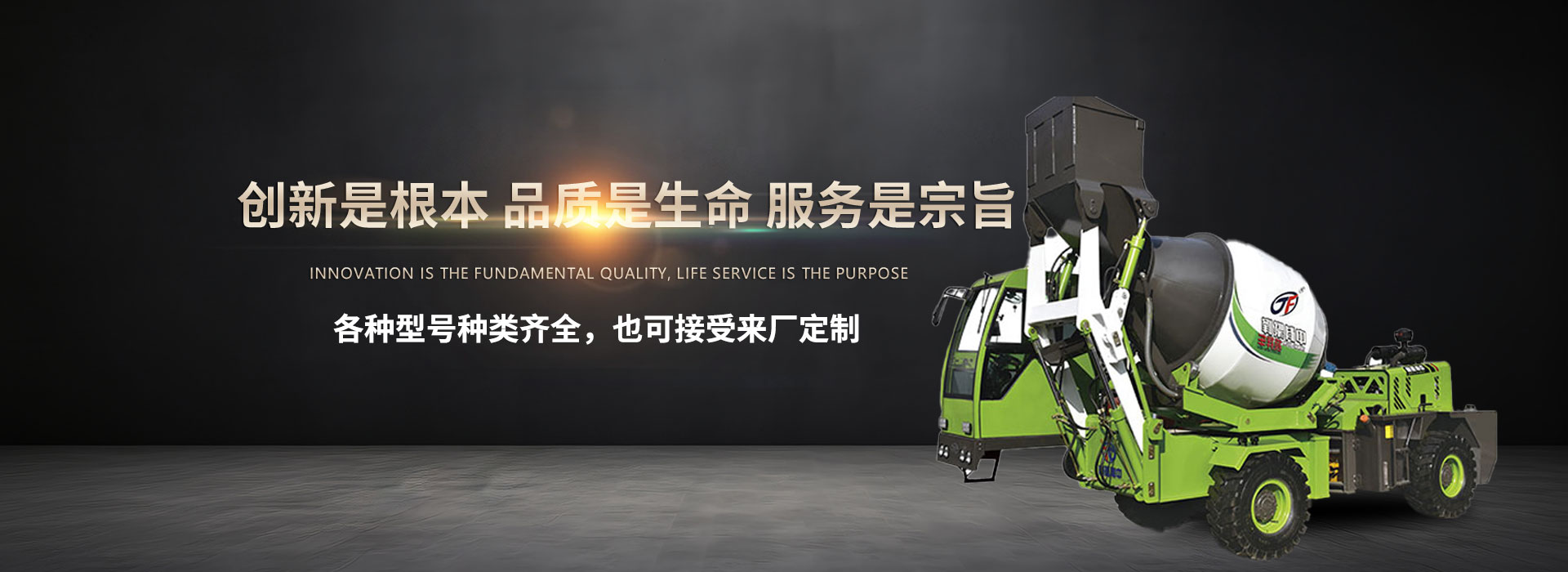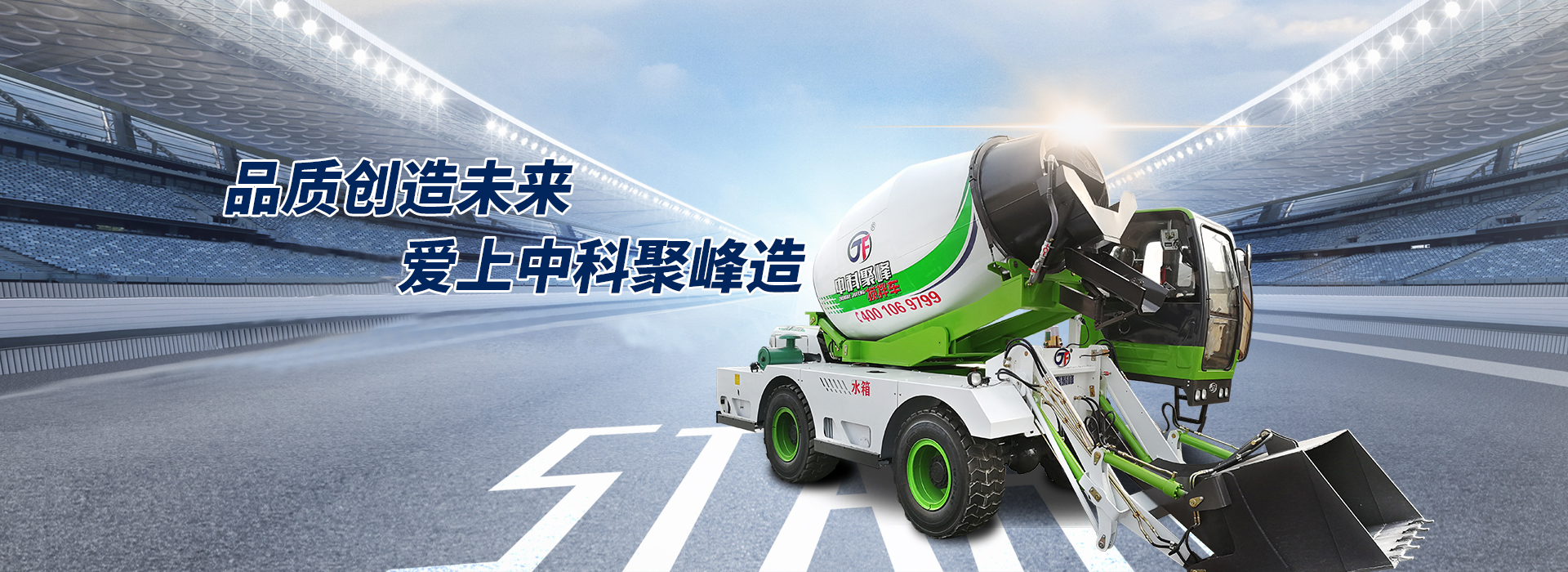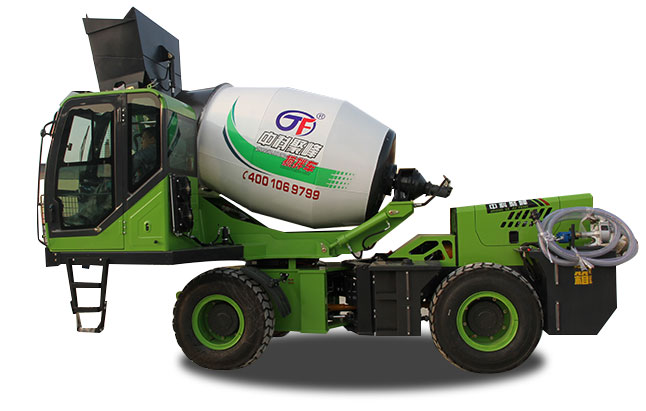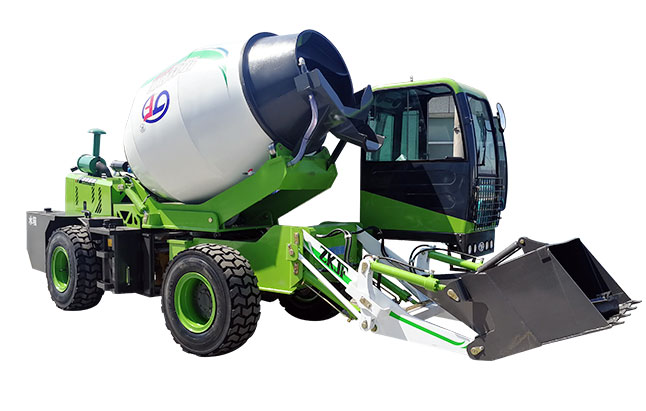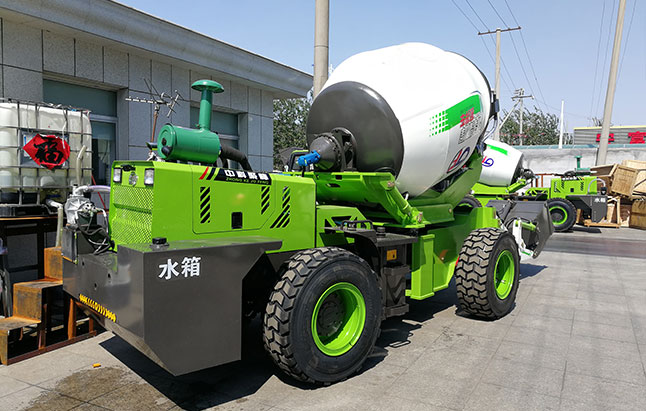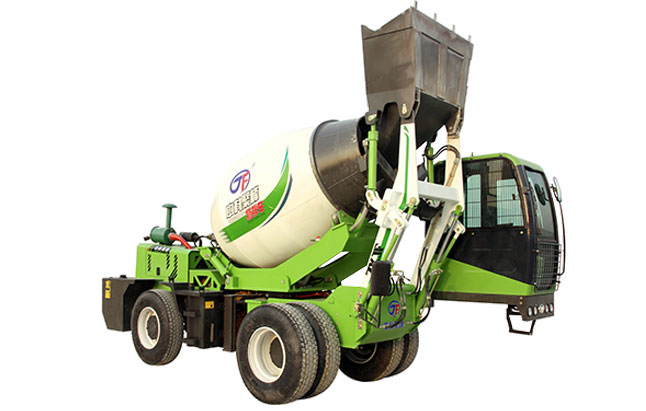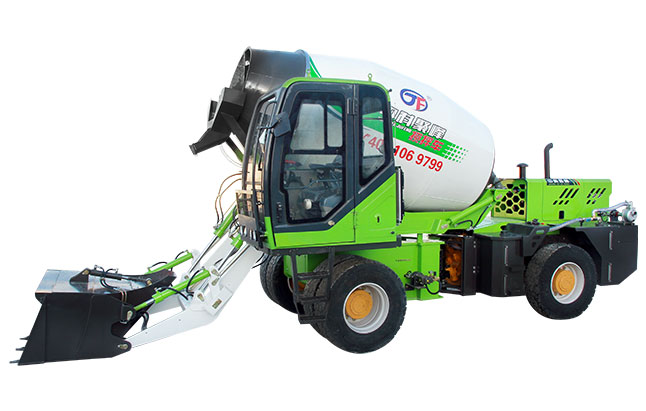全自動(dòng)攪拌車的氣蝕現(xiàn)象
大家知道什么是氣蝕嗎?全自動(dòng)攪拌車廠家建議,我們先來(lái)看看全自動(dòng)攪拌車的氣蝕現(xiàn)象。
Do you know what cavitation is? The manufacturer of the fully automatic mixer suggested that we first look at the cavitation phenomenon of the fully automatic mixer.
發(fā)生在發(fā)動(dòng)機(jī)燃燒室的周圍,雖然我們從車輛水溫表的反饋來(lái)看是在90°左右,但發(fā)動(dòng)機(jī)燃燒做功,特別是大多數(shù)濕式氣缸套,局部表面的溫度超過(guò)水的沸點(diǎn),要高出一大截。水在沸點(diǎn)附近,會(huì)產(chǎn)生大量氣泡,這部分氣泡反復(fù)沖擊氣缸套表面,微觀下的沖擊波的壓力達(dá)到15-20000PSI。我們?nèi)粘I钪胁鑹責(zé)?,滾水沸騰時(shí)壺底產(chǎn)生的氣泡,道理相似。
It occurs around the engine combustion chamber. Although we can see from the feedback of the vehicle water temperature gauge that it is about 90 °, the engine combustion work, especially most wet cylinder liners, the local surface temperature is higher than the boiling point of water by a large margin. When water is near the boiling point, a large number of bubbles will be produced. These bubbles repeatedly impact the surface of the cylinder liner, and the pressure of the shock wave at the microscopic level reaches 15-20000PSI. In our daily life, when we boil water in a teapot, the bubbles at the bottom of the teapot are similar in principle.
發(fā)動(dòng)機(jī)使用的冷卻液,通常沸點(diǎn)溫度超過(guò)130度。如果破壞冷卻液的成分比例,乙二醇成分減少。氣缸套暴露在較低的沸點(diǎn)下,醇類物質(zhì)無(wú)法附著在表面。穴蝕發(fā)生將無(wú)法避免,例如200小時(shí)后,兌水后的冷卻液實(shí)驗(yàn),發(fā)動(dòng)機(jī)已經(jīng)產(chǎn)生缸套激烈氣蝕情況,產(chǎn)生更嚴(yán)重的穴蝕。
The boiling point temperature of the coolant used by the engine is usually more than 130 degrees. If the composition proportion of the coolant is damaged, the glycol composition will decrease. The cylinder liner is exposed to a lower boiling point, and alcohol substances cannot adhere to the surface. Cavitation will be unavoidable. For example, after 200 hours, the engine has produced severe cavitation of the cylinder liner in the coolant test after mixing with water, resulting in more serious cavitation.
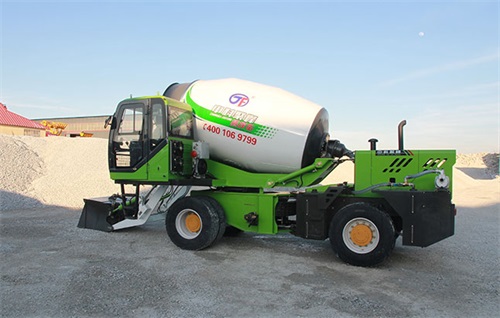

氣缸套外壁的腐蝕和穴蝕現(xiàn)象,主要是由于化學(xué)作用、電話作用、液體的沖擊作用和機(jī)械振動(dòng)等引起的。其中比較嚴(yán)重的一種是在氣缸套的活塞承壓面或它對(duì)面的外壁上出現(xiàn)的蜂窩狀小孔群的穴蝕現(xiàn)象。
Corrosion and pitting on the outer wall of the cylinder liner are mainly caused by chemical action, telephone action, liquid impact and mechanical vibration. One of the more serious is the cavitation of honeycomb small holes on the piston bearing surface of the cylinder liner or the outer wall opposite it.
幾年來(lái)隨著內(nèi)燃機(jī)向高速度、高平均壓力方向發(fā)展,穴蝕現(xiàn)象也日益嚴(yán)重,有時(shí)甚氣缸鏡面的磨損還沒(méi)有達(dá)到磨損極限,氣缸套已被穴蝕擊穿而不能使用。
In recent years, with the development of the internal combustion engine towards high speed and high average pressure, the cavitation phenomenon is also increasingly serious. Sometimes even the wear of the cylinder mirror has not reached the wear limit, and the cylinder liner has been damaged by cavitation and cannot be used.
產(chǎn)生穴蝕的原因在目前還沒(méi)有完全弄清楚,一般認(rèn)為主要是由于氣缸套的震動(dòng)和變形引起的。因?yàn)樵谝粋€(gè)工作循環(huán)中,活塞作用在氣缸的側(cè)壓力反復(fù)變化,這就促使氣缸套發(fā)生劇烈震動(dòng)和變形。您對(duì)此有怎樣的問(wèn)題就來(lái)我們網(wǎng)站http://jbckj.cn咨詢吧!
The cause of cavitation is not fully understood at present, and it is generally believed that it is mainly caused by the vibration and deformation of the cylinder liner. Because in a working cycle, the side pressure of the piston acting on the cylinder changes repeatedly, which causes severe vibration and deformation of the cylinder liner. If you have any questions about this, please come to our website http://jbckj.cn Ask!


